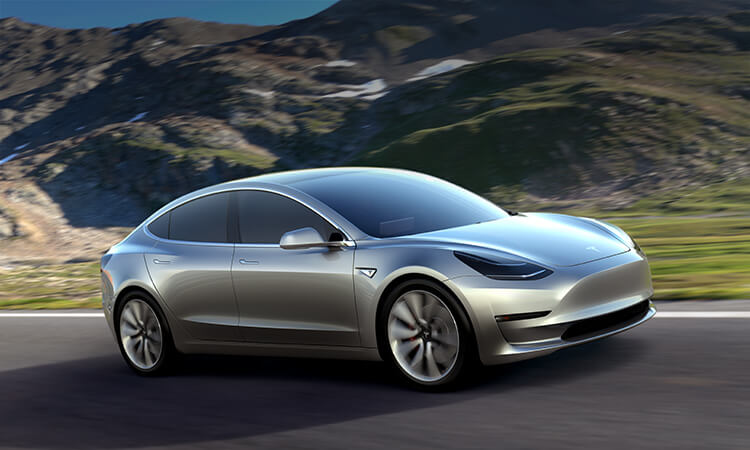qw1cktype1
Weaksauce
- Joined
- Jun 27, 2005
- Messages
- 123
Powering by gas will go bye-bye as soon as the price (via tax, rarity, etc) gets out of reach. I applaud those on the cutting edge of electrical transportation, but FFS stop with the hybrid BS.. I would rather have a lower output engine than further kill the planet with a battery strapped to my generator just to get some sort of smug factor. Every time you add something to a system there is a loss and maybe the U.S. needs to realize they don't need 300 HP to get to work (I shuddered while typing that).
Electric cannot take me to work, my kids to activities, and back home on a charge. America is a different demographic, unfortunately. A true, real life story to this is my ex wife bought a EV. We are going to court because I moved 35 miles away and her car cannot make it to my new house and back on a single charge (which takes hours). No she didn't equip it with a quick charge port, but none the less she wouldn't want to waist 30 minutes charging up what is a subsidized method of getting people to change their purchasing decisions.
I am eager to see what the next 5 years holds for these things, but for now they cannot meet my needs. I have no solution as hydrogen is so far off, and electric is outsourced to where the toxins contaminate another country. Imagine the cost if all the electric components were built in the U.S.
Electric cannot take me to work, my kids to activities, and back home on a charge. America is a different demographic, unfortunately. A true, real life story to this is my ex wife bought a EV. We are going to court because I moved 35 miles away and her car cannot make it to my new house and back on a single charge (which takes hours). No she didn't equip it with a quick charge port, but none the less she wouldn't want to waist 30 minutes charging up what is a subsidized method of getting people to change their purchasing decisions.
I am eager to see what the next 5 years holds for these things, but for now they cannot meet my needs. I have no solution as hydrogen is so far off, and electric is outsourced to where the toxins contaminate another country. Imagine the cost if all the electric components were built in the U.S.
![[H]ard|Forum](/styles/hardforum/xenforo/logo_dark.png)


